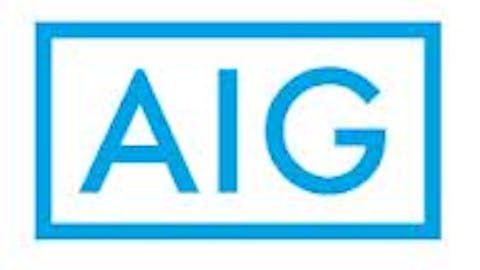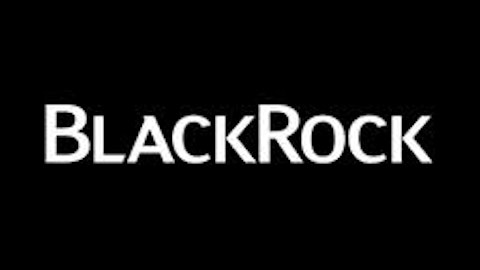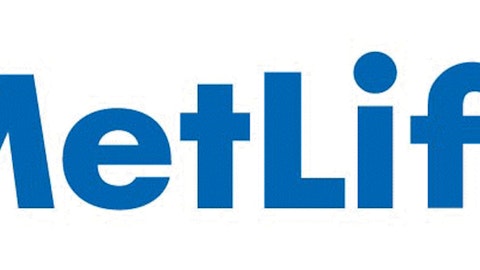A Prudential Financial Inc (NYSE:PRU) VP, Vishal Jain, carries similar sentiment to AFLAC, explaining that:
“Employers continue to expect shifting further costs to employees… They’re not expecting health care reform to reduce their health care cost trend.”
This is why Prudential is expanding into supplemental and voluntary insurance services. The company recently added a critical-illness policy last year, and is increasingly looking for new ways to maintain profits and adapt to the upcoming shift in the healthcare landscape that will be caused by the ACA. The company estimated that only around 20% to 30% of employers offer accident or critical-illness coverage, which means lots of potential market share for it to gobble up.
Metlife Inc (NYSE:MET) began adding supplemental insurance products this year as well, recently offering group accident insurance to help both employers and employees address the concern of rising healthcare costs. MetLife’s senior Vice President Michael Fradkin explained that:
“Healthcare trends and changes, including the Patient Protection and Affordable Care Act, are leading many employers to take a fresh look at their benefits program, including where voluntary products like accident insurance can play a role… Accident insurance pays employees directly and the funds can be used in any way they want, so they can focus on recovery rather than financial concerns.”
Metlife Inc (NYSE:MET) is looking to remain competitive with Prudential Financial Inc (NYSE:PRU) and AFLAC in the shifting landscape being brought upon the U.S. by the ACA. Their new product will not only help employees narrow the financial gap in medical insurance, but also allow employers to control benefit costs.
The bottom line
While Metlife Inc (NYSE:MET) and Prudential Financial Inc (NYSE:PRU) will most likely benefit from rising rates, when concerning the issue of them moving into the AFLAC Incorporated (NYSE:AFL) duck’s natural habitat of supplemental and voluntary insurance policies they are late to the game. AFLAC has already proven that it can thrive by being the cheapest and best insurance provider in a national healthcare system in Japan, and this can be demonstrated by the fact that almost 90% of all companies listed on the Tokyo exchange offer AFLAC products.
This may mean great things for the company if they can develop the same success in the U.S. as in Japan, especially if they can manage to not only get a boost in profits from the ACA in the long-term, but also from rising rates in the short to medium-term.
While the devaluing of the yen is definitely a major concern for AFLAC Incorporated (NYSE:AFL) going forward, Obamacare can help offset these worries as a catalyst for further growth in the United States. The company doesn’t directly exchange yen for dollars either, so the currency problem may be overblown.
AFLAC is a great business that remained profitable and increased its dividend in one of the worst financial crises in recent memory, and it will likely continue to do so going forward as well. AFLAC is a great buy for an investor looking to invest in an insurance play, especially in the times of Obamacare, but keeping an eye on what happens in Japan would be wise
The article This Duck’s Japanese Moat May Spread to the States originally appeared on Fool.com and is written by Joseph Harry.
Joseph Harry owns shares of Aflac. The Motley Fool recommends Aflac. Joseph is a member of The Motley Fool Blog Network — entries represent the personal opinion of the blogger and are not formally edited.
Copyright © 1995 – 2013 The Motley Fool, LLC. All rights reserved. The Motley Fool has a disclosure policy.




